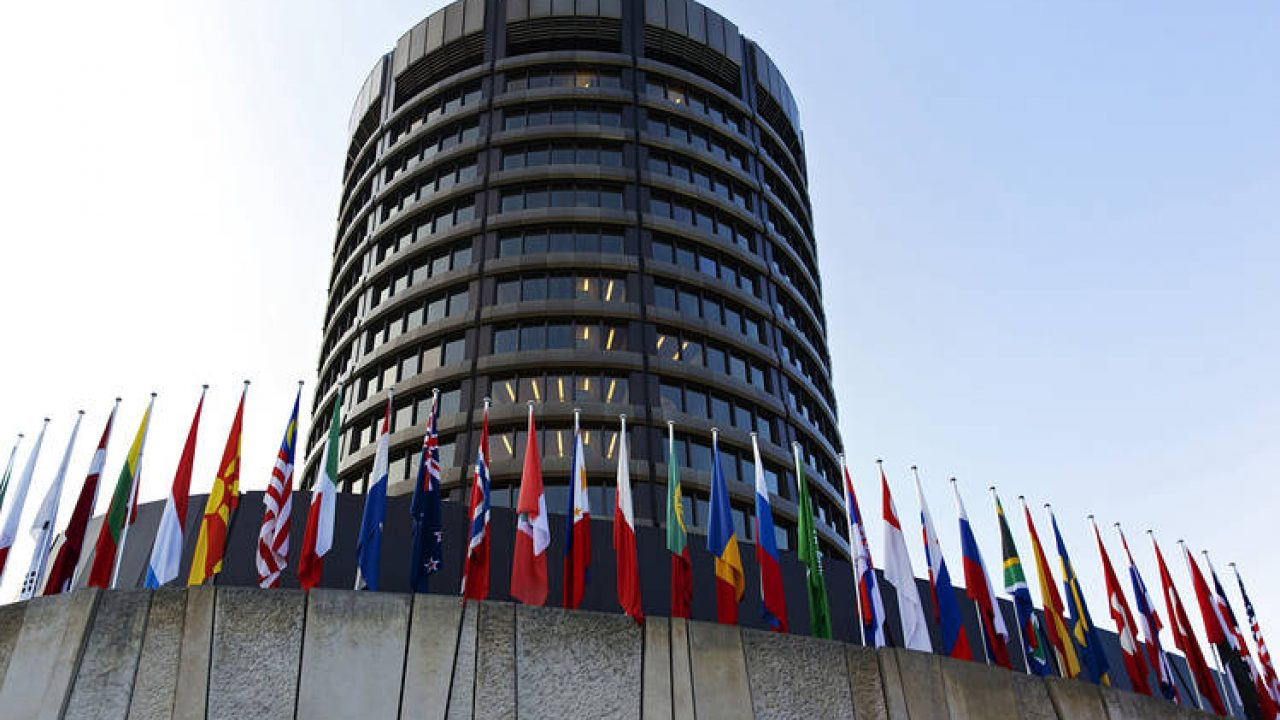
He Bank for International Settlements (BIS) noted in its main economic report that inflation has begun to decline from multi-decade highs almost everywhere, but the work of central banks is far from over. He stressed that despite the most intense monetary policy tightening in recent times, the last leg of the journey to restore price stability will be the most difficult.
According to the BIS’s 2023 Annual Economic Report, the gains made so far in fighting inflation are largely due to loosening supply chains and falling raw material costs.
However, he indicated that “labor markets are still tight and the growth in the prices of services has proved more difficult to control.”
There is a material risk of an inflationary psychology taking root, in which wage and cost increases begin to reinforce each other. “Interest rates may need to stay higher for longer than the public and investors expect,” the document read.
For his part, the general director of the BIS, the Mexican Agustín Carstens, affirmed that “the key political challenge today is to completely control inflation and the final stretch is usually the most difficult.”
“The burden falls on many shoulders, but the risks of not acting promptly will be greater in the long run. Central banks are committed to staying the course to restore price stability and protect people’s purchasing power,” he said.
Source: Larepublica
Alia is a professional author and journalist, working at 247 news agency. She writes on various topics from economy news to general interest pieces, providing readers with relevant and informative content. With years of experience, she brings a unique perspective and in-depth analysis to her work.












